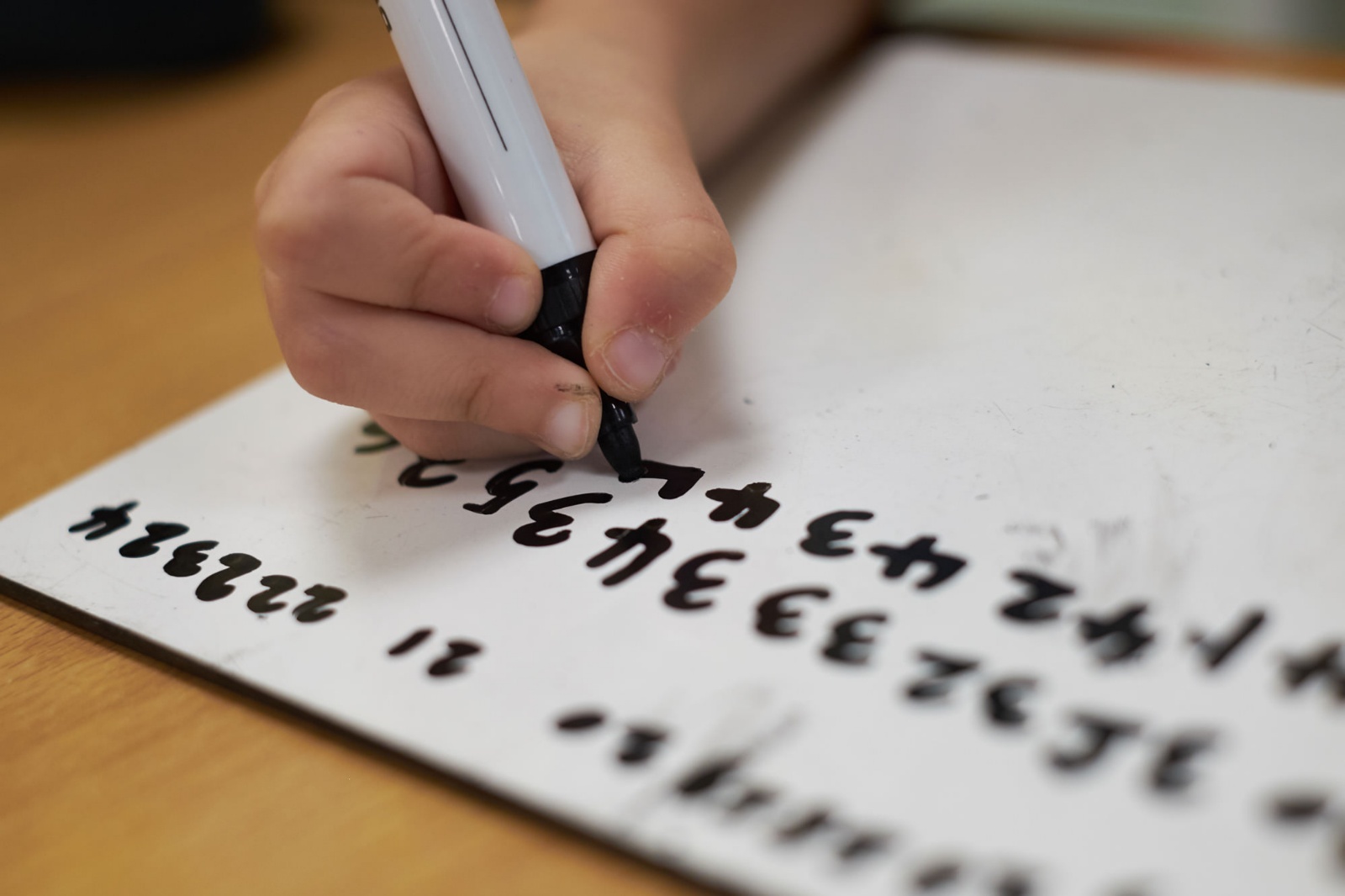Maths
"Good mathematics is not about how many answers you know… It's about how you behave when you don't know."
Our Intent
The intent of our maths curriculum at Norbreck Primary Academy is to develop children who are confident mathematicians with a real passion for the subject. We strive to nurture children so that they can know more and remember more each year within the maths curriculum. We use the Red Rose Maths Mastery scheme to deliver our maths curriculum.
Our Key Stage 1 and 2 curriculum aims to ensure that the children at Norbreck Primary Academy:
- become fluent in the fundamentals of mathematics, including through varied and frequent practice with increasingly complex problems over time, so that pupils develop conceptual understanding and the ability to recall and apply knowledge rapidly and accurately
- reason mathematically by following a line of enquiry, conjecturing relationships and generalisations, and developing an argument, justification or proof using mathematical language
- can solve problems by applying their mathematics to a variety of routine and non-routine problems with increasing sophistication, including breaking down problems into a series of simpler steps and persevering in seeking solutions
Our curriculum intent is underpinned by the following:
High expectations - all teachers will consider children to be able to ‘do’ maths, with no stigma of their previous attainment in maths.
Teacher modelling - teachers will model key new learning to children to develop their confidence alongside modelling key maths behaviours of resilience and perseverance.
Opportunities for children to recap and revise previous learning - within maths lessons and through our maths meetings, children will be given opportunities to recall previous learning to ensure that they remember more.
Reasoning - maths lessons require children to understand, explain and justify their reasons using mathematical vocabulary.
Fluency - children will become fluent in their understanding of number.
A positive attitude to maths - we want children to enjoy maths at Norbreck Primary Academy and approach all new learning with a positive ‘can-do’ attitude.
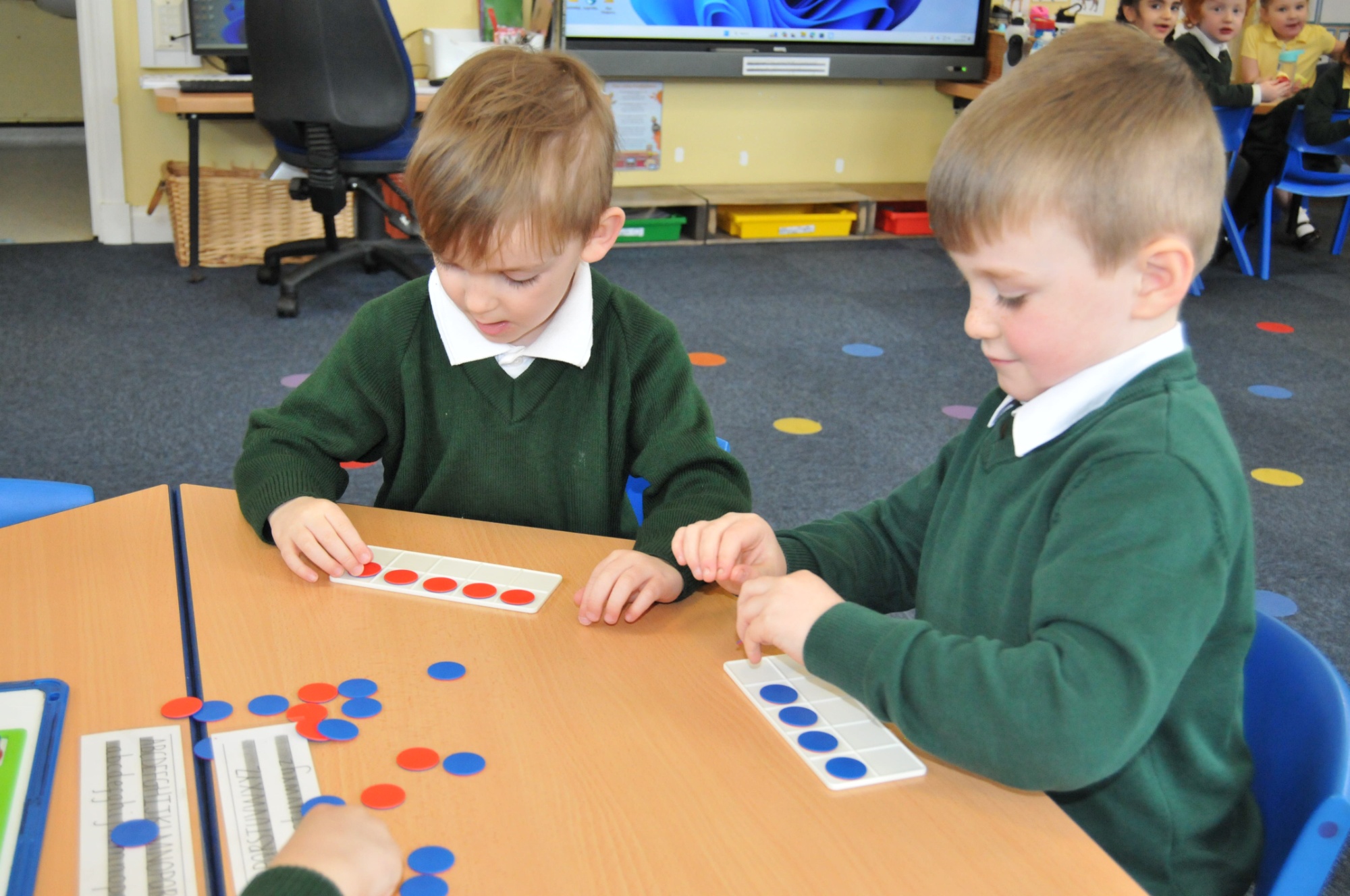
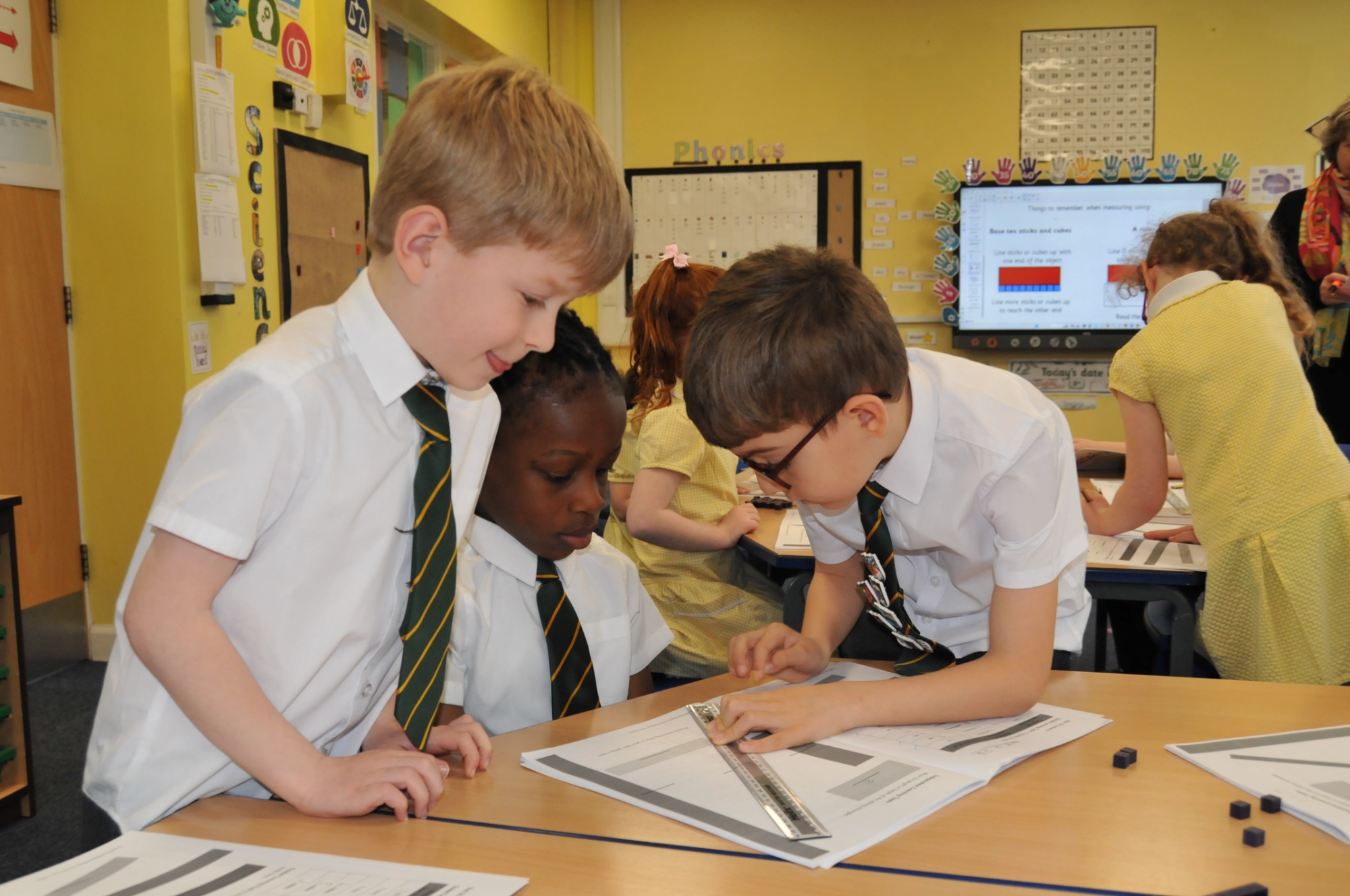
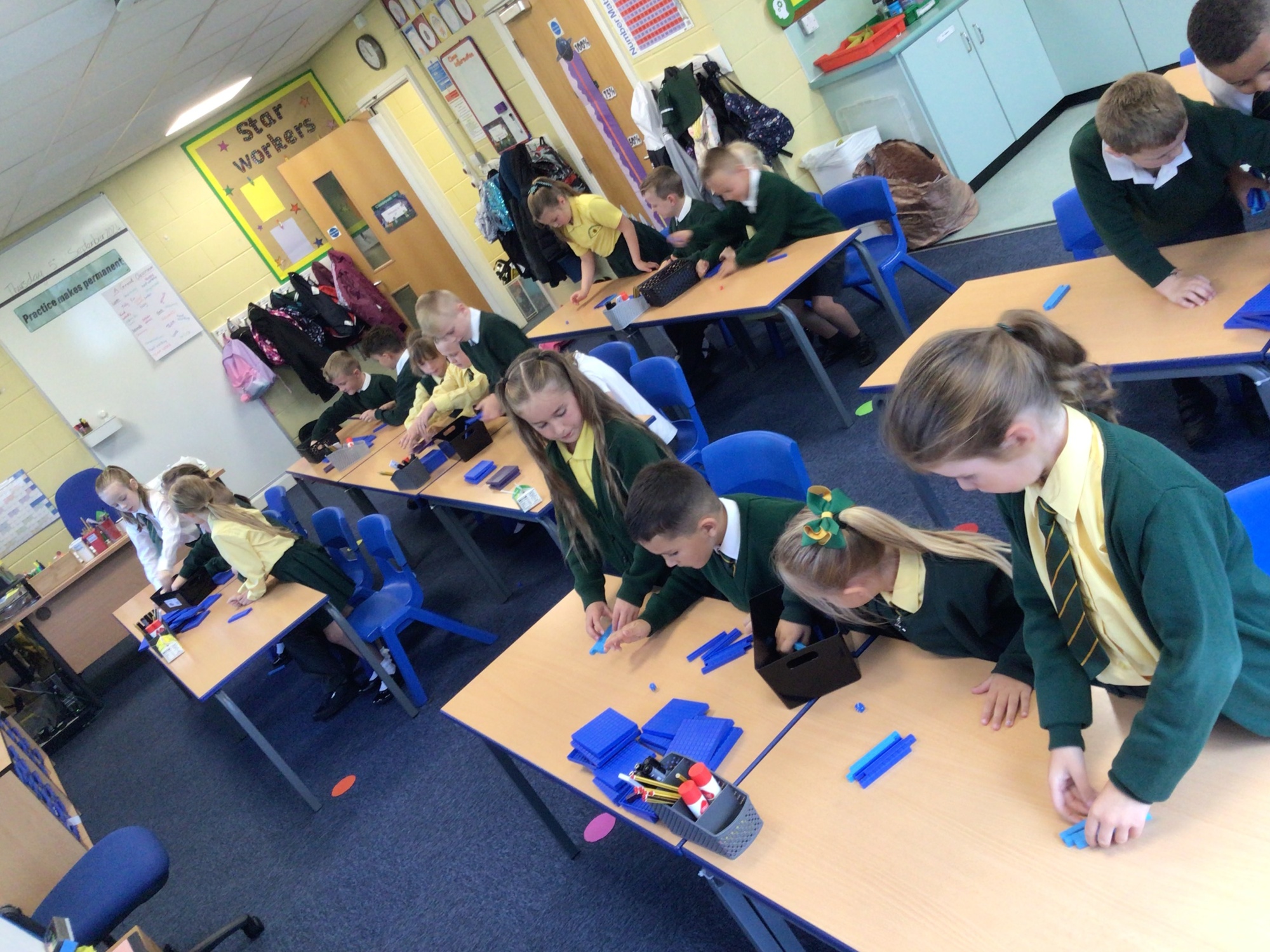
Cultural Capital
We aim to prepare our children for future success in life by:
- incorporating real-life examples and relatable experiences and connecting all areas of maths to the real world
- teaching 'numbersense' - an understanding of number, place value and number relationships
- developing proficiency in arithmetic and reasoning
- developing problem solving skills through critical thinking, reasoning and strategy
By mastering these fundamental mathematical concepts, children can build a strong mathematical foundation that will support their academic success and problem-solving ability throughout their lives.
Our children are taught:
-
- practical lessons that allow them to investigate, record and develop a depth of understanding
- an understanding of how businesses work through our 'Business Enterprise Week' where children in year 6 will research, plan, budget and resource products to sell in year 6
- to participate in external workshops and competitions
- an awareness of future careers through inspirational volunteer visits to school in year 5
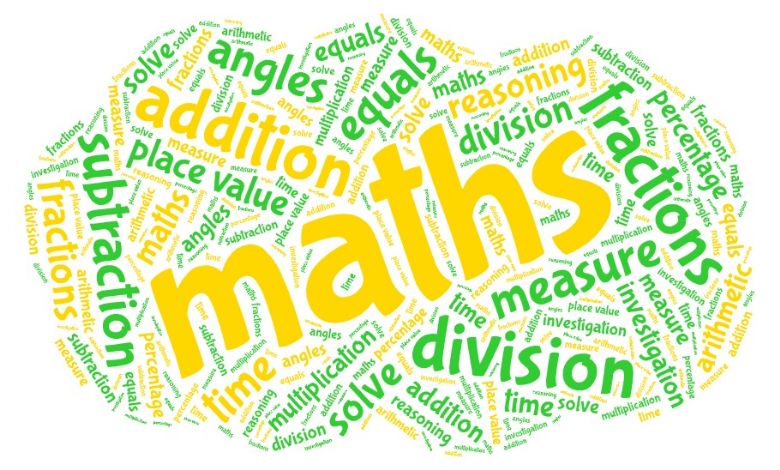
How we implement Maths at Norbreck Primary Academy
Use of manipulatives - all children are encouraged to use manipulatives across all year groups; manipulatives are a key part of a maths lesson at Norbreck Primary Academy.
Teachers decide when to proceed with new learning - we ensure that maths teaching is adaptive to each class, with no timescales given as to how quickly teachers should move through the curriculum.
A mix of teacher-led discussions and paired discussions - all maths lessons will include opportunities for children to talk with a learning partner and complete short tasks interspersed with teacher talk.
Key skills / fact practice - teachers are aware of the key number facts that children need to learn with automaticity and will use time outside of maths lessons, where appropriate, to practise these to ensure that children can recall them.
Vocabulary - teachers ensure that children use the correct mathematical vocabulary throughout the lesson, with modelling.
Marking - teachers monitor children's learning through lessons, understanding where the children are at and what needs to be done to move children on – and any misconceptions or mistakes can be corrected.
Use of Red Rose booklets - children use these workbooks to ensure that the time they have to complete independent work is maximised.
Well sequenced curriculum - our maths curriculum at Norbreck Primary Academy is carefully sequenced to build on children's prior knowledge and revisit key skills.
Long Term Plan
Key Instant Recall Facts
These are facts that children need to secure during their primary years. They include facts such as number bonds and times tables. They are particularly useful when calculating, adding, subtracting, multiplying and dividing but also underpin many other areas of mathematics.
| Term 1 | Term 2 | Term 3 | Term 4 | Term 5 | Term 6 |
|---|---|---|---|---|---|
| EYFS | EYFS | EYFS | EYFS | EYFS | EYFS |
| Year 1 | Year 1 | Year 1 | Year 1 | Year 1 | Year 1 |
| Year 2 | Year 2 | Year 2 | Year 2 | Year 2 | Year 2 |
| Year 3 | Year 3 | Year 3 | Year 3 | Year 3 | Year 3 |
| Year 4 | Year 4 | Year 4 | Year 4 | Year 4 | Year 4 |
| Year 5 | Year 5 | Year 5 | Year 5 | Year 5 | Year 5 |
| Year 6 | Year 6 | Year 6 | Year 6 | Year 6 | Year 6 |
Impact
Pupils of Norbreck Primary Academy pupils will be inspired, challenged and supported to become confident mathematicians. Our well-resourced classrooms will provide all children with the practical manipulatives to make abstract mathematical concepts more tangible, motivating and engaging for pupils. Every child will develop a problem-solving approach, develop their critical thinking skills and enhance a deeper understanding of maths. Our inspirational and challenging primary maths curriculum enriched with practical manipulatives will create a dynamic and effective learning environment.
Pupil voice
We love to hear what our children say about learning maths at Norbreck Primary Academy, and we value their opinions. We have informal chats with children throughout the school on a regular basis.
My favourite thing about maths is being able to choose lots of different ways of working things out.Year 4 pupil
I love Maths because it is good for my brain and we learn a lot. It makes me feel good about myself.
Year 1 pupil
I love a maths challenge because it's fun. Sometimes it's teamwork and sometimes we work independently.
Year 5 pupil
The three words I would use to describe maths are great, amazing and wonderful!
Year 3 pupil
Maths is amazing. I understand it and I'm good at it. Sometimes it is hard, but if I sleep on it and try again the next day, then I can do it and it sinks into my brain.
Year 6 pupil
Maths is brilliant! I love working out problems and learning new things.
Year 2 pupil
Maths is fun. I like to guess the number from Miss Roger's clues. I like outing diamonds in the ten frame. I keep trying my best.
EYFS pupil
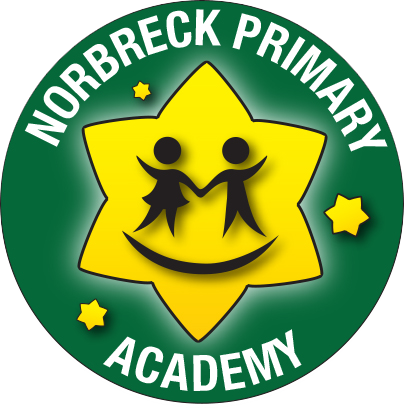
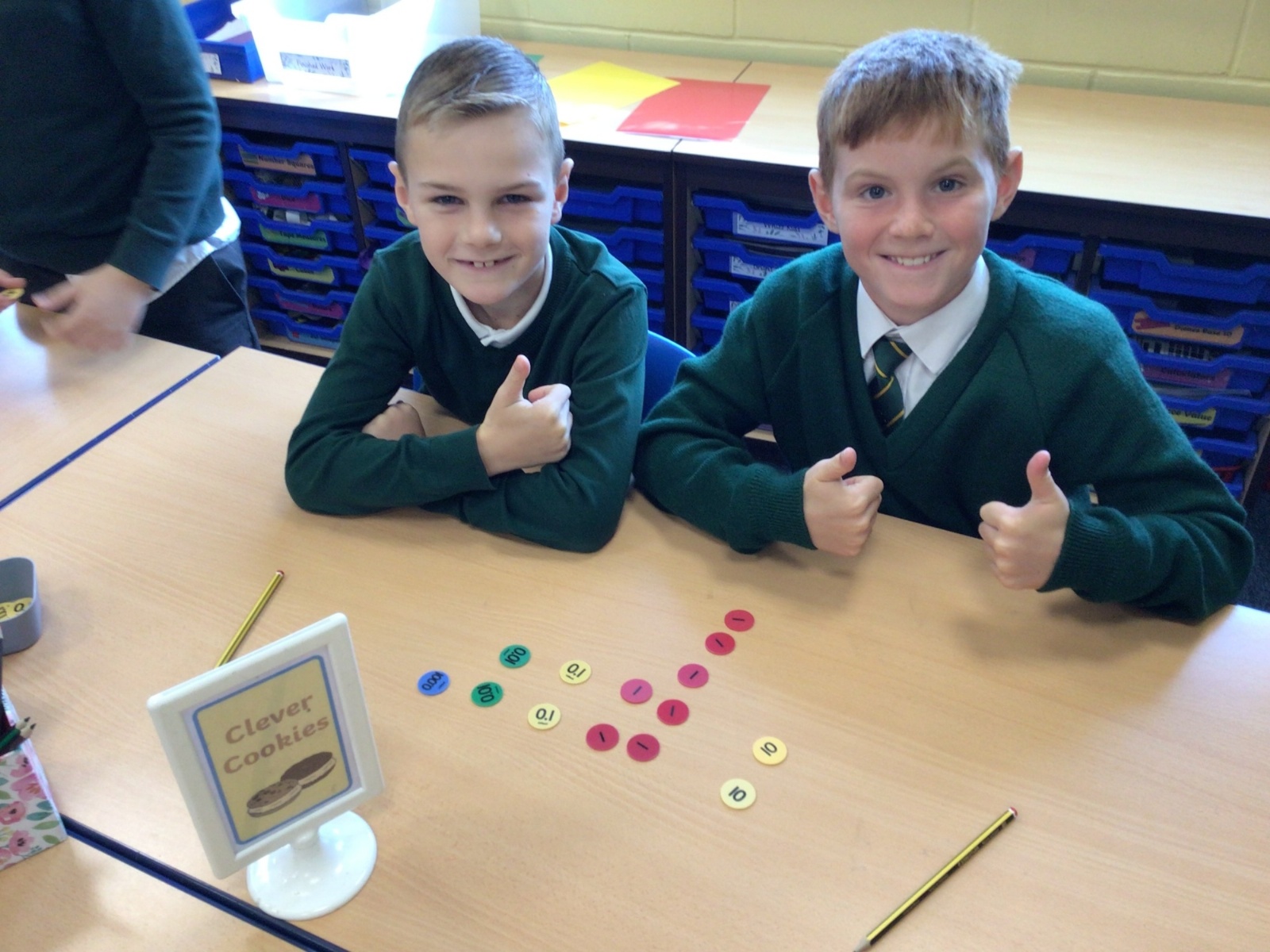

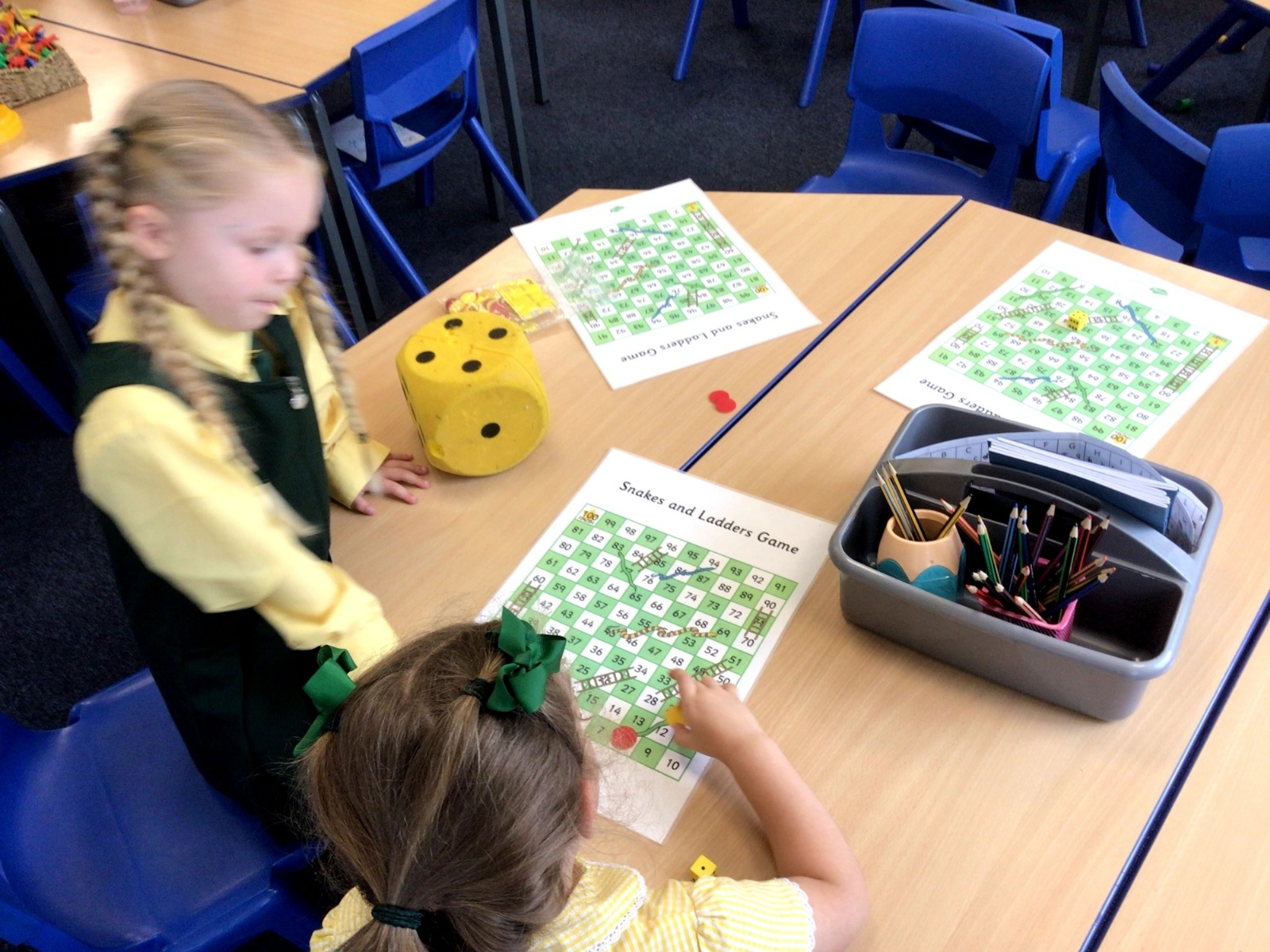
.JPG)
.JPG)
.JPG)
.JPG)
.JPG)
.JPG)
.JPG)
